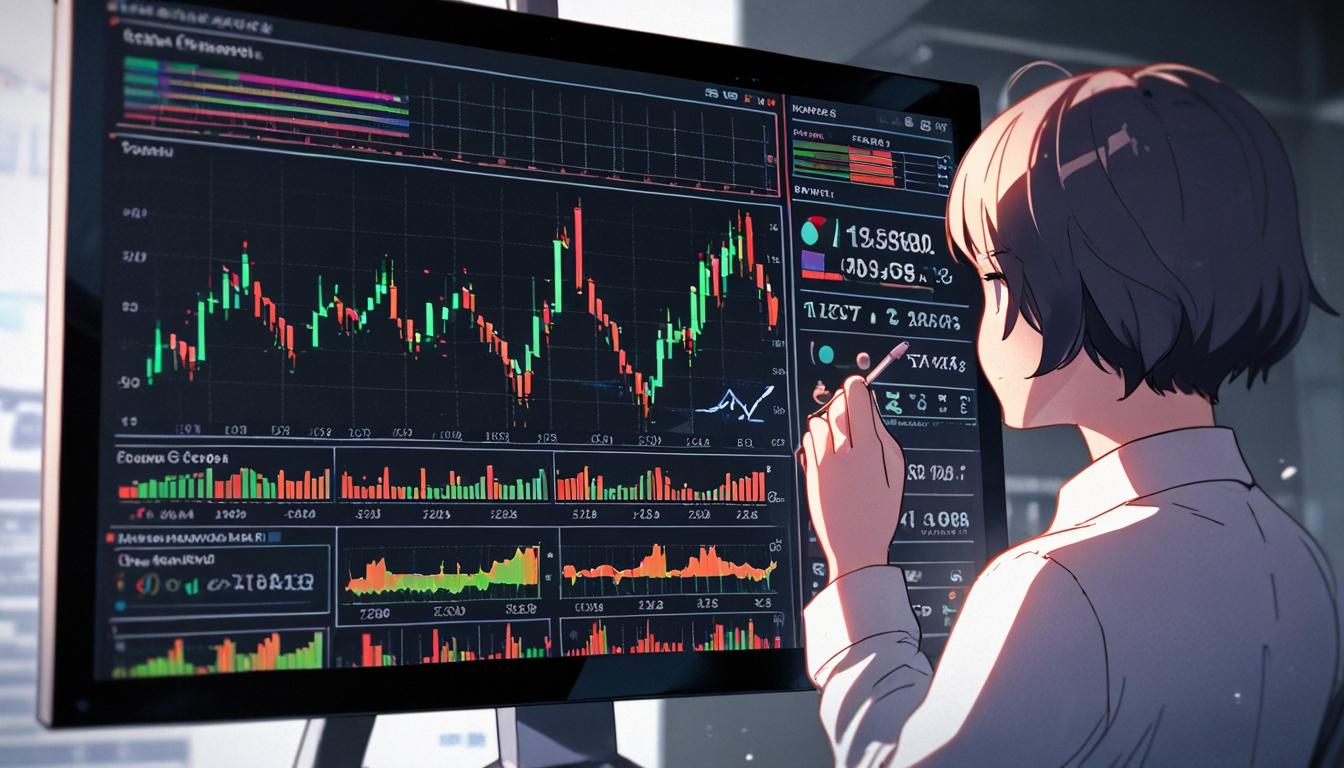Advancements in artificial intelligence (AI) are reshaping numerous sectors, with finance and stock market trading being prominent fields of application. A recent discussion in The Hindu has highlighted the rise of agentic AI—autonomous AI systems capable of independently initiating actions, learning, and adapting without human intervention—and its implications for stock market prediction and trading.
Agentic AI differs from the more commonly known generative AI, which requires prompts or interaction before responding. Instead, agentic AI functions autonomously, pursuing predefined goals and making decisions on its own by leveraging sophisticated techniques such as reinforcement learning and evolutionary algorithms. These AI agents can analyse market trends, execute trades, and manage portfolios independently, which has caught the attention of investors and financial institutions.
However, the article stresses that while agentic AI presents exciting opportunities, it also poses significant challenges and risks, particularly in the context of financial markets. The fundamental concern arises from the replacement of human judgement with algorithm-driven decisions. Experienced traders and analysts often draw on intangible factors such as intuition, nuanced interpretations of geopolitical events, government policy changes, and market sentiment derived from subtle behavioural cues. This human element, the piece argues, remains critical in navigating the complexities of financial markets.
Moreover, reliance on agentic AI entails inherent risks of bias and error. Since AI models are trained on historical data, there is a tendency to assume that past market patterns will persist, which may not hold true given the dynamic nature of financial markets. AI systems could overvalue successful historical trends while underrepresenting failures, leading to skewed predictions. One scenario outlined is that if a highly accurate agentic AI tool gains widespread traction among investors, its market forecasts could become self-fulfilling prophecies. This could artificially inflate or deflate share prices, increase market volatility, and disrupt fair trading principles.
The article also articulates concerns about the substitution of human oversight with autonomous AI decisions, which can be particularly risky in high-stakes sectors such as finance. It points out that agentic AI systems’ independence in decision-making could lead to unfavourable market outcomes if unregulated.
Given these considerations, the author advocates for regulatory frameworks to guide the deployment of agentic AI in financial trading. Such regulations would aim to balance the benefits of AI innovation with safeguards that maintain market integrity and protect against systemic risks. Collaboration among AI developers, financial authorities, and policymakers is encouraged to ensure that agentic AI is harnessed responsibly.
In summary, as agentic AI technology advances and integrates into the financial sector, its ability to operate without human supervision brings both enhanced capabilities and new vulnerabilities. The conversation underscores the need for cautious optimism and regulatory engagement to manage this evolving intersection of AI and stock market dynamics.
Source: Noah Wire Services
